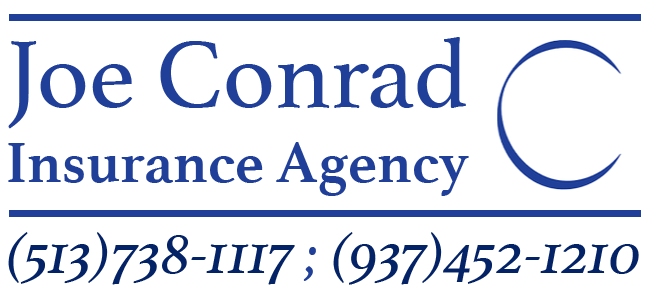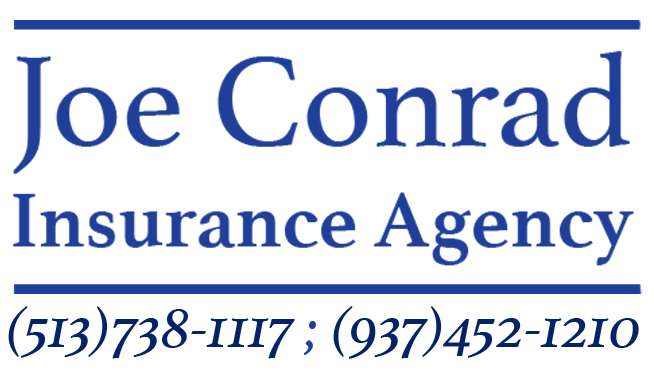In the world of business, unexpected events can wreak havoc on commercial properties. From natural disasters to unforeseen structural failures, having the right insurance in place is crucial for safeguarding a business's financial stability. Yet, when it comes to determining responsibility for property damage, the situation can become complex, especially with factors like negligence or weather events in play. Understanding how commercial insurance policies handle these scenarios is essential for every business owner.
Who is responsible if a tree falls onto my commercial property?
Should a tree fall onto your commercial property due to natural causes such as storms, wind, or lightning, your own commercial property insurance typically covers the damage. However, if the tree falls due to a neighbor’s negligence—such as failing to maintain a diseased tree—their liability insurance might cover the costs, but proving negligence is required. Note that most commercial policies don't cover tree removal unless it causes structural damage.
What if my neighbor’s property causes flooding on mine?
Standard commercial property insurance does not cover flood damage, even if the water’s source is the neighboring property. Businesses should secure separate flood insurance for such events. If flooding results from the neighbor’s negligence, like neglecting a burst pipe, their liability insurance might compensate for damages, though proving negligence can be challenging. For pipe bursts on your property, most policies cover sudden breaks but not damages from poor maintenance or freezing. Sewer backups often need a separate endorsement.
What happens if a fire from a neighboring property spreads to mine?
If a fire spreads to your property from a neighboring business, your commercial property policy will typically cover the damage. If negligence, such as fire code violations, caused the fire, the neighbor’s liability insurance might support covering losses, but only if liability is proven.
Who pays for debris removal after a disaster?
If a neighboring property is liable for damage, their liability insurance could cover debris removal, provided negligence is proven. If your policy covers the damage, debris removal is usually included, although there may be coverage limits. For events not covered by your policy, like flooding without flood insurance, debris removal is also likely excluded.
Will my insurance cover business losses if I have to shut down?
Business interruption insurance may reimburse lost income if a business must close due to fire or storm damage, but only if your policy includes this coverage. Note that flood-related closures are not typically covered under standard business interruption policies unless due to a peril named in the policy.
In conclusion, understanding the ins and outs of commercial insurance policies and their interactions with neighboring property claims is vital. Business owners should frequently review their coverage, consider additional options like flood insurance, and consult insurance professionals to ensure adequate protection.


